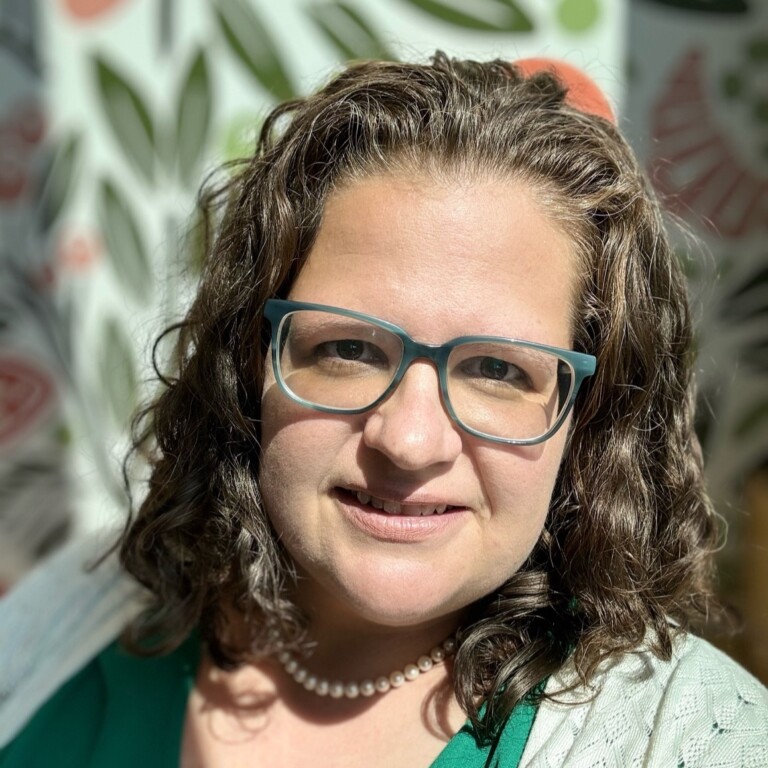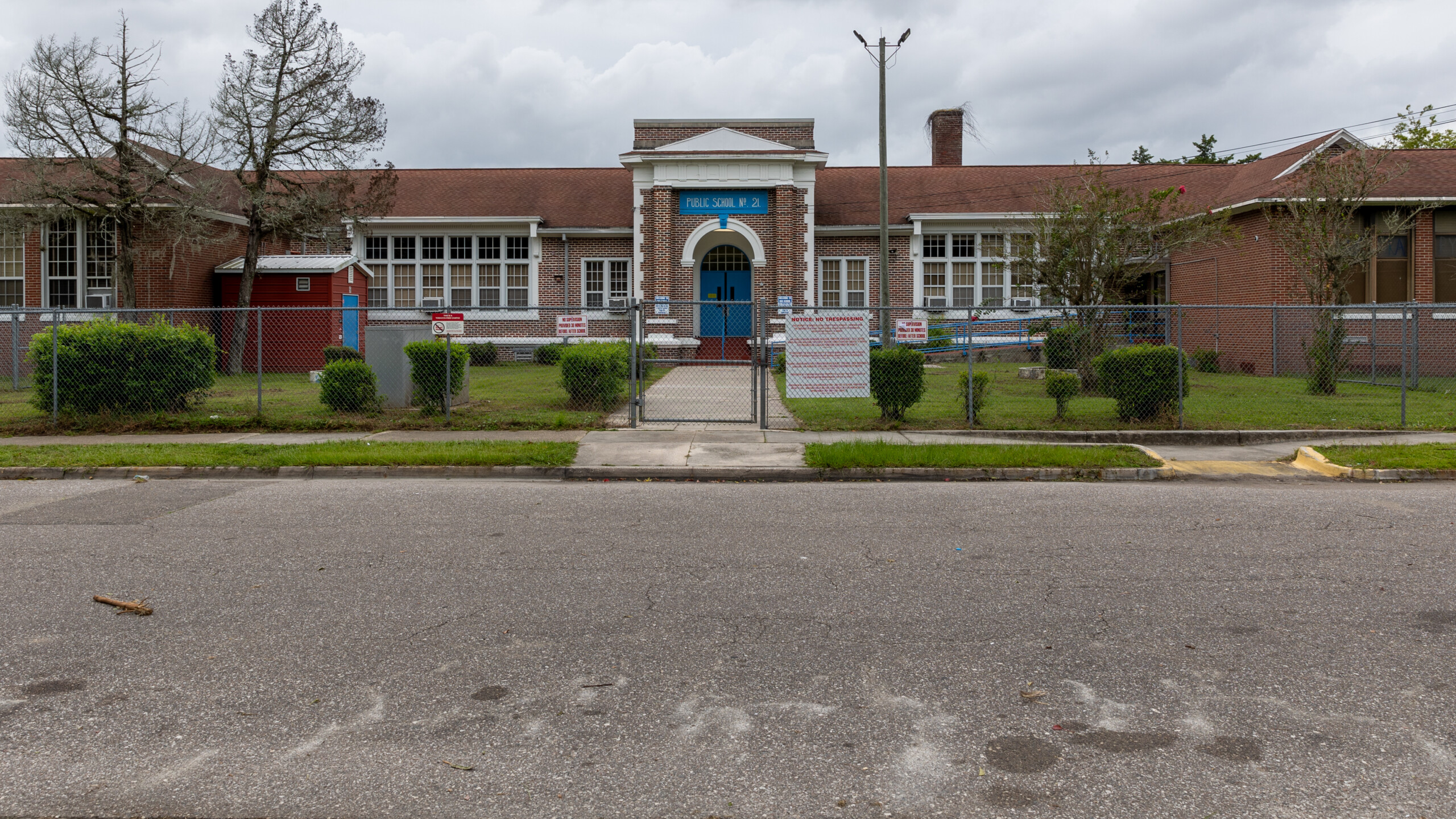A charter school operator has notified Duval Schools of its intention to claim space in more than two dozen public school buildings for its own schools, according to documents Jacksonville Today received from the district through a public records request.
The documents show Duval Schools received letters from Miami-based Mater Academy detailing its plans to open charters inside 25 existing schools, which the company referred to as “underused/vacant/surplus” facilities.
The move takes advantage of recent expansions to Florida’s Schools of Hope program, which allows a handful of charter operators to move into neighborhoods served by struggling traditional public schools. New rules compel districts to allow “Schools of Hope” to use district buildings rent free, and to allow existing schools to share common areas and resources with the private operators.
The letters, dated Oct. 8, asked the district to provide the schools’ floor plans and to allow Mater before- and after-hours access to the buildings “for facility tours and vendor walkthroughs.” Mater says the schools will open in August 2027, and the company projects it will have enrolled more than 11,000 Duval students within five years. Because the district receives about $9,000 per student in state funding, Mater Academy’s proposal could divert almost $100 million away from Duval’s traditional public schools.
“No decisions have been made, and we are carefully reviewing these requests in accordance with state law,” Duval Schools spokesperson Arwen FitzGerald tells Jacksonville Today.
Which schools?
The 25 Jacksonville schools Mater Academy identified are mostly elementaries, four of which have closed during district consolidations. Of the remaining 21, more than 75% are in School Districts 4 and 5, represented by Darryl Willie and Reggie Blount, and which include Northwest Jacksonville and a large swath of the Northside.
Eight of the schools are at more than 50% student capacity. Four are at above 60%. Highland Estates Academy is at 99%.
All but one, George Washington Carver Elementary, received a C grade or better last year. Two of the schools — Pickett and Rufus E. Payne elementaries — received A grades from the state last year. Carver is already scheduled to consolidate with Payne and close soon.
Of the 25 schools Mater Academy named, only seven were designated by the state this year as persistently low performing. Sixteen schools that were labeled as persistently low performing were not selected by Mater Academy.
The state of Florida has approved six vendors for the Schools of Hope program. Duval Schools spokesperson FitzGerald says so far only Mater Academy has “expressed interest in our DCPS campuses.” IDEA Public Schools already operates two Schools of Hope charter schools in the district and is constructing a third.
Around the state
School districts across the state have received similar notices, though Duval appears to have received more than most. Local media outlets report Broward County received 27, while Hillsborough County received “nearly 30.” Both have about 50% more traditional schools than Duval. St. Johns County received one letter of intent from Mater.
The new rules leave school districts with few options, as they’re mostly required to approve Schools of Hope applications like Mater Academy’s. (Though some districts say Mater Academy sent the notices too early, it’s unclear what impact that timing might have.)
This week, Indian River County’s superintendent, who was named the 2025 Florida Superintendent of the Year, characterized Schools of Hope as a “threat to local control” and asked his community to push back, according to Sebastian Daily. In Sarasota County, which received three letters from Mater Academy, a school board member called it a “hostile takeover.”
Angie Gallo, president of the Florida School Boards Association, said in an email to Jacksonville Today that the association is “closely monitoring” the Schools of Hope proposals. She says they’re “conducting a comprehensive review” on what it will mean for school districts across the state.
“We remain committed to transparency and accountability to Florida’s taxpayers,” wrote Gallo, who also sits on the Orange County School Board. “All future actions will carefully consider the impact on district overall budgets and long-term facility planning.”
On Wednesday at a press conference in Sarasota, reporters asked Gov. Ron DeSantis about the concerns that district leaders there have raised. He pushed back on the criticism, saying the charter schools aren’t “entitled to any students” and would have to win parents’ support.
“If those schools aren’t doing the job, then parents are going to choose to go elsewhere,” DeSantis said. “And I think what our school districts have had to do is they’ve had to innovate, they’ve had to offer more choices to parents.”
What is Mater Academy?
Mater Academy was founded in the late 1990s by Fernando Zulueta. It’s a nonprofit that, according to its website, now operates 44 charter schools, most of which are in South Florida. According to its website, Mater specializes in a college preparatory curriculum. “We are especially proud of the success of our students which are historically underrepresented in college. For us, helping low income students and creating first generation college graduates is a core part of our mission,” the school says.
Mater Academy’s parent company, Academica, is a for-profit company that operates a large network of charter schools and is an influential player in Florida’s school choice politics. Campaign finance records show Academica donated $100,000 to Florida Federation for Children, a political organization run by John Kirtley, the founder of Step Up for Students, which administers Florida’s school choice voucher programs.
In 2018, Academica made a $14,000 contribution to a different Jacksonville-based PAC called Inform Florida. Days later, Inform Florida made two $4,750 expenditures in Duval County School District races, including one labeled as specifically for District 6 at the time that current board Chair Charlotte Joyce was competing with Dave Chauncey for her seat.
In total, Duval County has more than 40 charter schools, which are tuition-free public schools operated by various nonprofit and for-profit operators.







